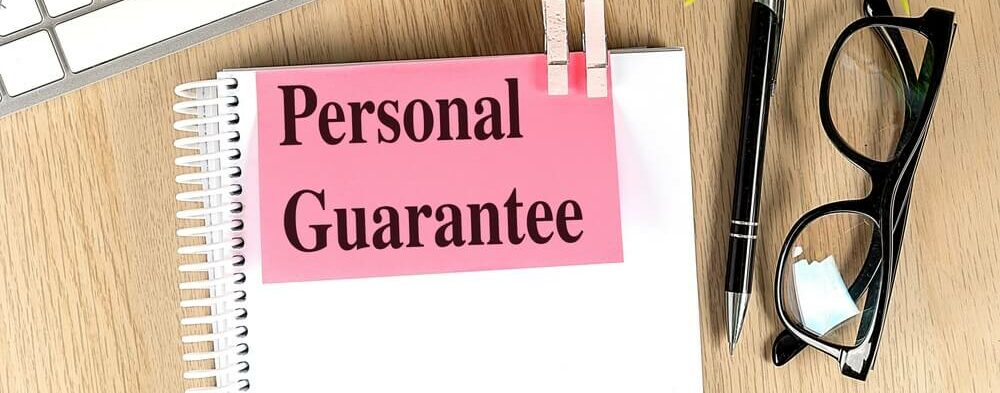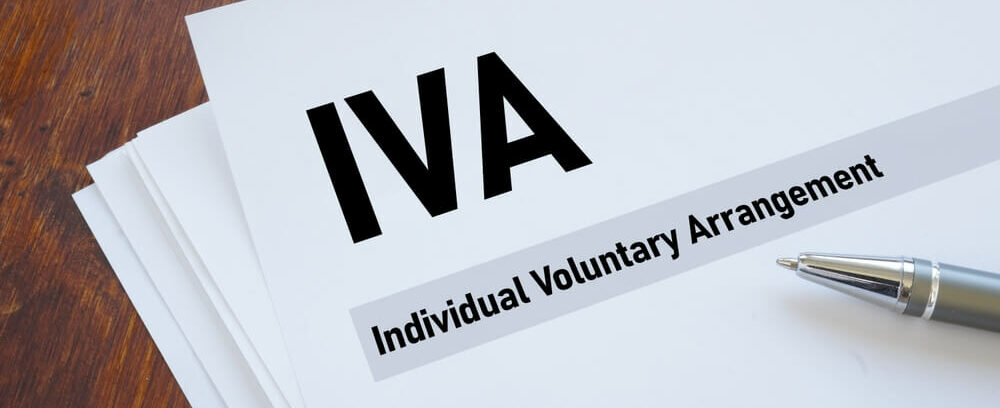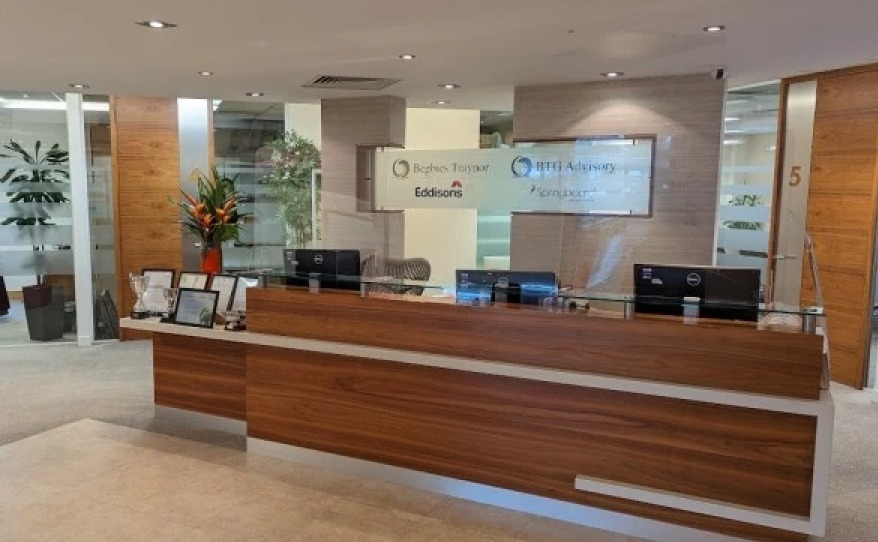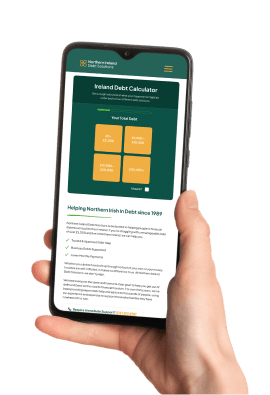How does an Attachment of Earnings Order work?
In Northern Ireland if you have a loan or other debt which you are failing to keep up repayments on, your creditor can apply to the court for an Attachment of Earnings Order. If granted this will allow a creditor to take money directly from your wages.
If you have been issued with a Money Judgment from the court, then your creditor can apply to the Enforcement of Judgments Office (EJO) for an Attachment of Earnings Order.
Once the application has been made to the EJO by the creditor you will receive an Attachment of Earnings form. You must complete and return this within 8 days. You will need to provide details of your income and expenditure, and a copy of your most recent wage slip.

Attachment of Earnings Offer of Payment
There is also a field on the Attachment of Earnings form for you to make an Offer of Payment, which you should complete with the amount that you feel that you can afford to repay your debt, this would then stop the Attachment of Earnings Order being applied and is called a Suspended Attachment of Earnings Order.
It is then up to the EJO to decide whether this offer is acceptable, if not then the Attachment of Earnings Order will be ratified, your employer will be contacted and the amount that the EJO deems appropriate will begin to be deducted from your wage.
Stopping an Attachment of Earnings Order
Apart from your creditors accepting your offer of payment, there are also a number of other ways that you may be able to get an Attachment of Earnings Order removed or cancelled. For example an Attachment of Earnings Order cannot be granted to anyone who is unemployed, in the military or a merchant seaman. The courts also won’t enforce an Attachment of Earnings Order to self-employed people.
You can also appeal to the EJO to lower the Attachment of Earnings Order rate. Attachment of Earnings Order rates are normally set after taking into consideration your living costs and any other amounts that you are currently paying out to service additional debts. You must submit your Attachment of Earnings appeal within 14 days of your Attachment of Earnings form being received.
An Attachment of Earnings Order can only be cancelled if your circumstances change and you lose your job, therefore meaning that you are no longer able to make payments, or when you have fully repaid your debt.
You cannot stop the process by simply ignoring your Attachment of Earnings form. Failure to respond could result in an enforcement officer visiting your home to deliver the paperwork by hand, or even a warrant being issued for your arrest. If your creditor knows your employers details they may also send these to the court who will contact your employer directly if you fail to return your Attachment of Earnings form within the 8 day timeframe.
How many Attachment of Earnings Orders can you have?
If you already have an Attachment of Earnings Order deducting money from your wages and you are served with another one then you can ask the EJO for a Consolidated Attachment of Earnings Order. This means that only one deduction will be taken from your wages and the court will then split this between your creditors. To request this you will need to write to the EJO including details of the Attachment of Earnings Order form you have received, any other Attachment of Earnings Orders you already have and details of your income and expenditure in a budget sheet. Your creditors will have 14 days to agree, but this is usually granted upon which you will be informed by the EJO.
How Northern Ireland Debt Solutions can help
If you are struggling to get control of your finances, feel that your debt is spiralling out of control, or you have received an Attachment of Earnings Order form, then contact the experts at Northern Ireland Debt Solutions today on 0808 280 3720. We help residents of Northern Ireland to understand their debt options by providing practical advice that can help to ease the pressure.
Get Started – Contact The Team Today
Ready to take the first step to a brighter future? Contact Northern Ireland Debt Solutions today to understand your next steps.




